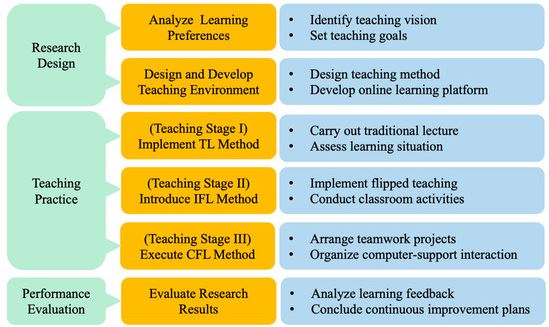Introduction
In an increasingly digital world, online education has emerged as a transformative force, revolutionizing the way people learn and acquire knowledge. Beyond its convenience and accessibility, online colleges have also played a significant role in promoting health and well-being. Through innovative approaches, virtual platforms, and diverse resources, these institutions have fostered a supportive environment for students pursuing their academic goals while prioritizing their overall health. This article explores the various ways in which online colleges contribute to the well-being of their students, emphasizing the importance of a holistic approach to education.
Enhancing Physical Wellness
Physical well-being is a cornerstone of a healthy lifestyle, and online colleges recognize the significance of incorporating health-oriented practices into their educational frameworks. Many institutions provide students with access to virtual fitness classes, encouraging regular exercise and promoting a balanced lifestyle. These online workouts cater to diverse interests, ranging from yoga and pilates to high-intensity interval training, ensuring students can find activities that align with their preferences and schedules. Additionally, online colleges often offer educational resources on nutrition and healthy eating habits, empowering students to make informed choices that optimize their physical health.
Addressing Mental Health
The pursuit of higher education can be demanding, placing significant pressure on students. Online colleges recognize the importance of prioritizing mental health and have implemented various strategies to provide support. Through virtual counseling services, students can access professional guidance, addressing issues such as stress, anxiety, and depression. Online communities and discussion boards enable students to connect with peers and share experiences, fostering a sense of belonging and reducing feelings of isolation. Furthermore, online colleges often organize virtual wellness events, workshops, and seminars, equipping students with valuable coping mechanisms and resilience-building techniques.
Embracing Work-Life Balance
One of the major advantages of online education is its flexibility, allowing students to balance their academic pursuits with personal and professional commitments. Online colleges actively encourage students to maintain a healthy work-life balance, emphasizing the importance of self-care and avoiding burnout. By providing asynchronous learning opportunities and accommodating diverse schedules, these institutions empower students to tailor their education to fit their individual needs, reducing stress and enabling them to thrive academically while managing other responsibilities.
Promoting Social Connection
Although online education offers convenience, it is crucial to address the potential for isolation. Online colleges recognize this challenge and have implemented measures to promote social connection among students. Virtual study groups, collaborative projects, and discussion forums foster a sense of community and encourage peer-to-peer engagement. Online colleges also organize virtual networking events and alumni meetups, creating opportunities for students to establish professional connections and build supportive relationships that extend beyond the virtual classroom.
Empowering Self-Care
Self-care is an essential aspect of maintaining overall well-being, and online colleges actively empower students to prioritize their personal needs. These institutions provide resources on stress management, time management, and effective study habits, equipping students with tools to navigate challenges and maintain a healthy balance. Online colleges also encourage students to engage in hobbies and interests outside of their academic pursuits, recognizing the importance of pursuing passions and fostering personal growth.
Conclusion
Online colleges have transcended traditional educational boundaries by incorporating a holistic approach that prioritizes student health and well-being. By integrating physical fitness, mental health support, work-life balance, social connection, and self-care strategies into their educational frameworks, these institutions have transformed the landscape of online education. As we continue to navigate a rapidly evolving digital era, the invaluable contributions of online colleges in promoting the overall health and wellness of students cannot be overlooked
